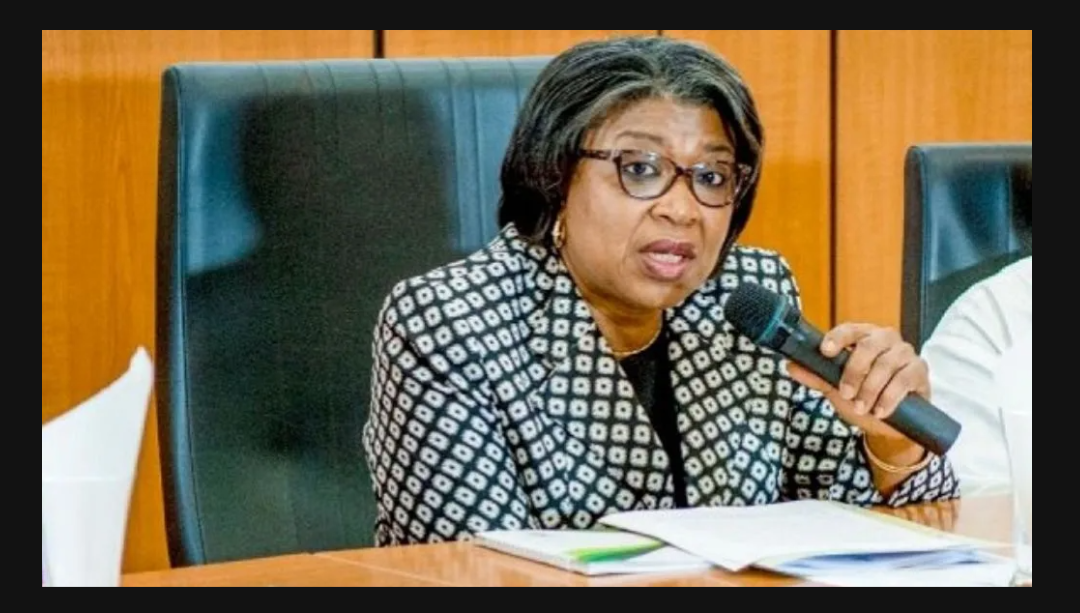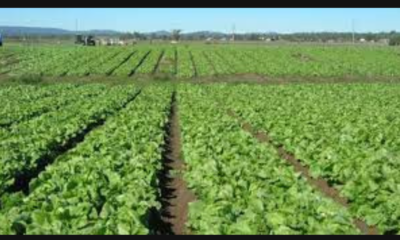Economy
Nigeria’s debt hits N49.85trn after increasing by N3.6trn in three
Nigeria’s total public debt has hit N49.85 trillion at the end of the first quarter (Q1) of 2023.

The figure represents an increase of N3.60 trillion compared to N46.25 trillion recorded at the end of December 2022.
This was according to a statement issued on Friday by the Debt Management Office (DMO).
The DMO said the debt excludes the N22.71 trillion ways and means advances of the Central Bank of Nigeria (CBN).
“As at March 31, 2023, the total public debt stock comprising the external and domestic debts of the federal government of Nigeria (FGN), the thirty-six (36) States, and the Federal Capital Territory (FCT) was N49.85 trillion (USD 108.30 billion),” DMO said.
“Comparatively, the total public debt stock for the preceding period, December 31, 2022, stood at N46.25 trillion (USD 103.31 billion). During the period, there were increases in the debt stock of the FGN, States, and the FCT.
“The public debt stock for March 2023 does not include the FGN’s N22.719 trillion Ways and Means Advances of the Central Bank of Nigeria whose securitization was approved by the National Assembly in May 2023.
“The amount will be included in the FGN’s Domestic Debt Stock from June 2023.”
Ways and means is a loan facility through which the CBN finances the government’s budget shortfalls.
Meanwhile, the DMO recently released the Market Access Country-Debt Sustainability Analysis (MAC-DSA) to promote transparency.
The MAC-DSA is a World Bank/IMF tool for best practices in public debt management, which the DMO adopted and has implemented over the years.
According to the DMO, it is an annual exercise anchored by it, with the participation of key Federal Government agencies.
It listed such agencies to include the CBN, Budget Office of the Federation and Office of the Accountant General of the Federation (OAGF).
Others are the National Bureau of Statistics (NBS) and the Federal Ministry of Finance, Budget and National Planning.
According to Patience Oniha, Director-General of the DMO, the recent DSA reports highlighted the need for more revenues to keep the public debt sustainable.
Oniha said that the recently released DSA report, which was for 2022, also emphasised the need for the government to grow revenues.
She commended some of the recent policies of the present administration as capable of enhancing debt sustainability.
“Policies like the removal of subsidies to manage expenditure and the focus on revenue through the appointment of a Special Adviser to the President on Revenue were positive steps for public debt sustainability, ” Oniha said.
Follow us on social media:-

 News2 days ago
News2 days agoVideo trends as Nigerian lady transforms face into Jesus Christ with makeup (Watch)
-

 News2 days ago
News2 days agoFarmer k!lled, three siblings and one other severely injured as bomb explosions rock Niger state community
-

 Crime2 days ago
Crime2 days agoLady swaps old woman’s ATM card while pretending to help, steals N2M
-

 Celebrity Gossip & Gist21 hours ago
Celebrity Gossip & Gist21 hours ago“The money wey dem pay me don expire” – Moment Burna Boy stops his performance at the Oando PLC end of the year party (Video)


